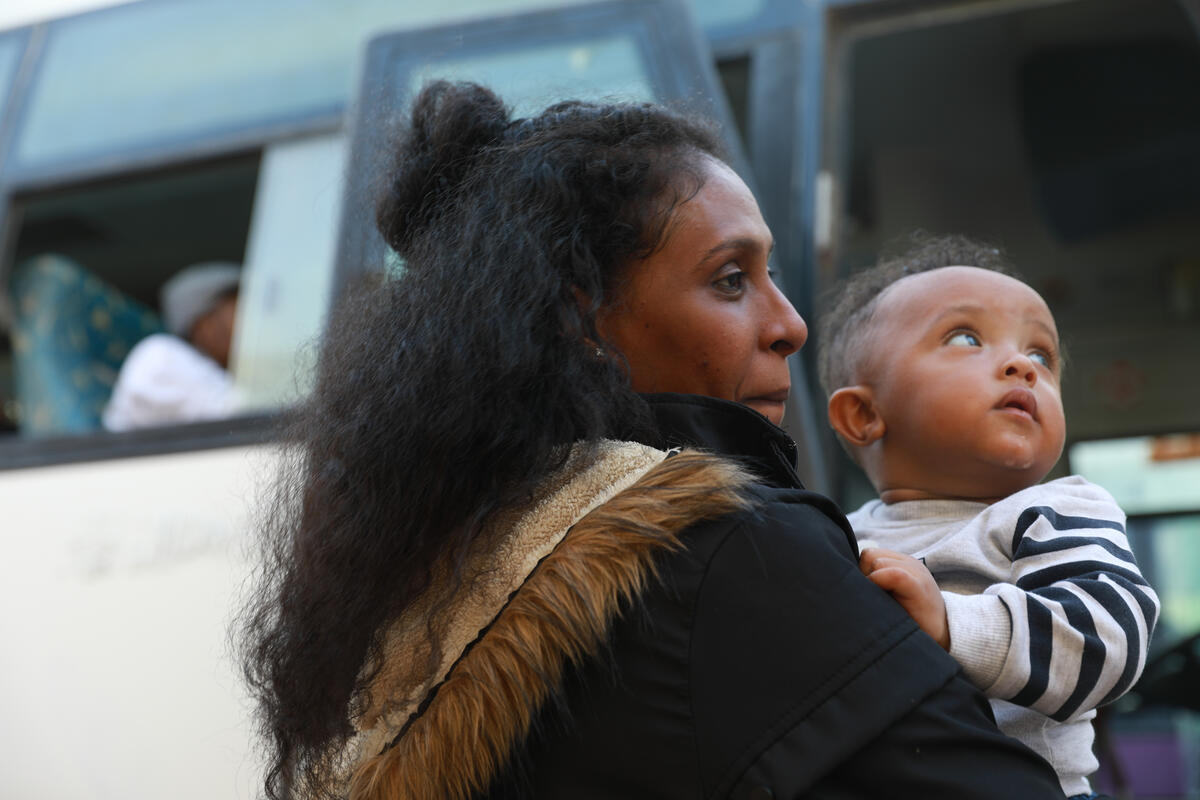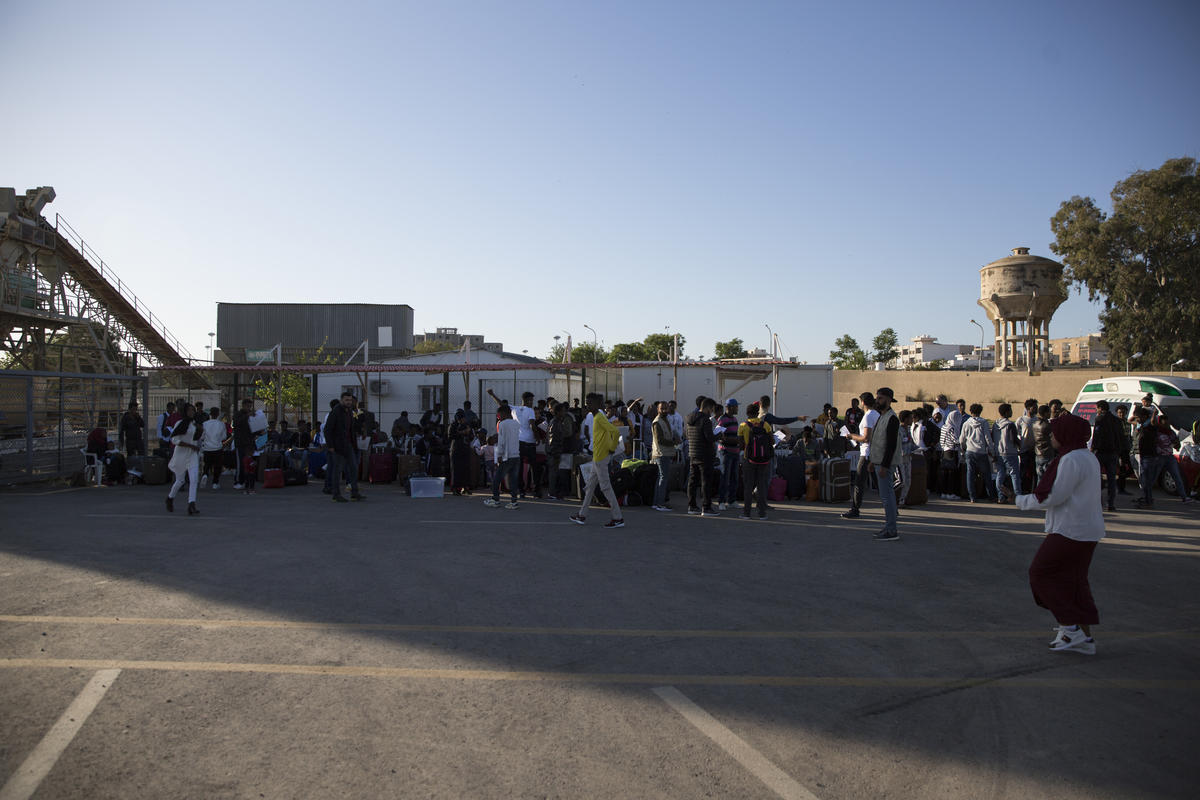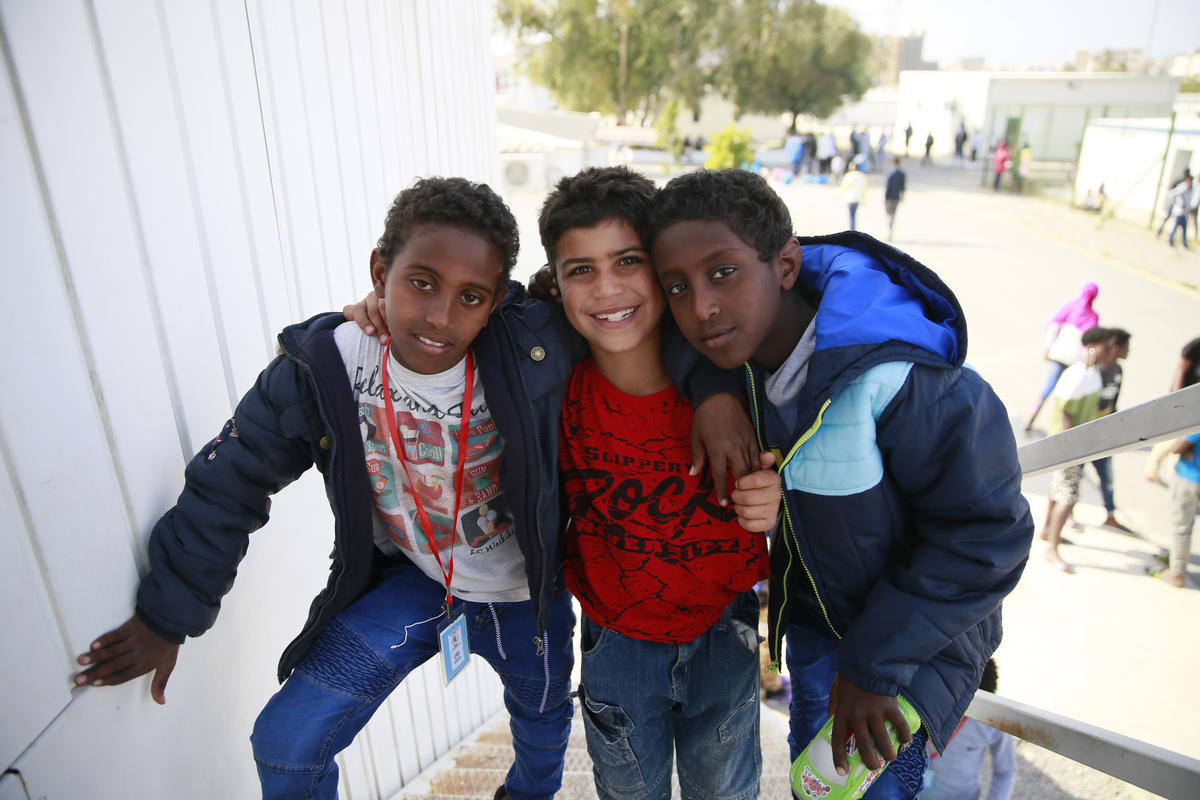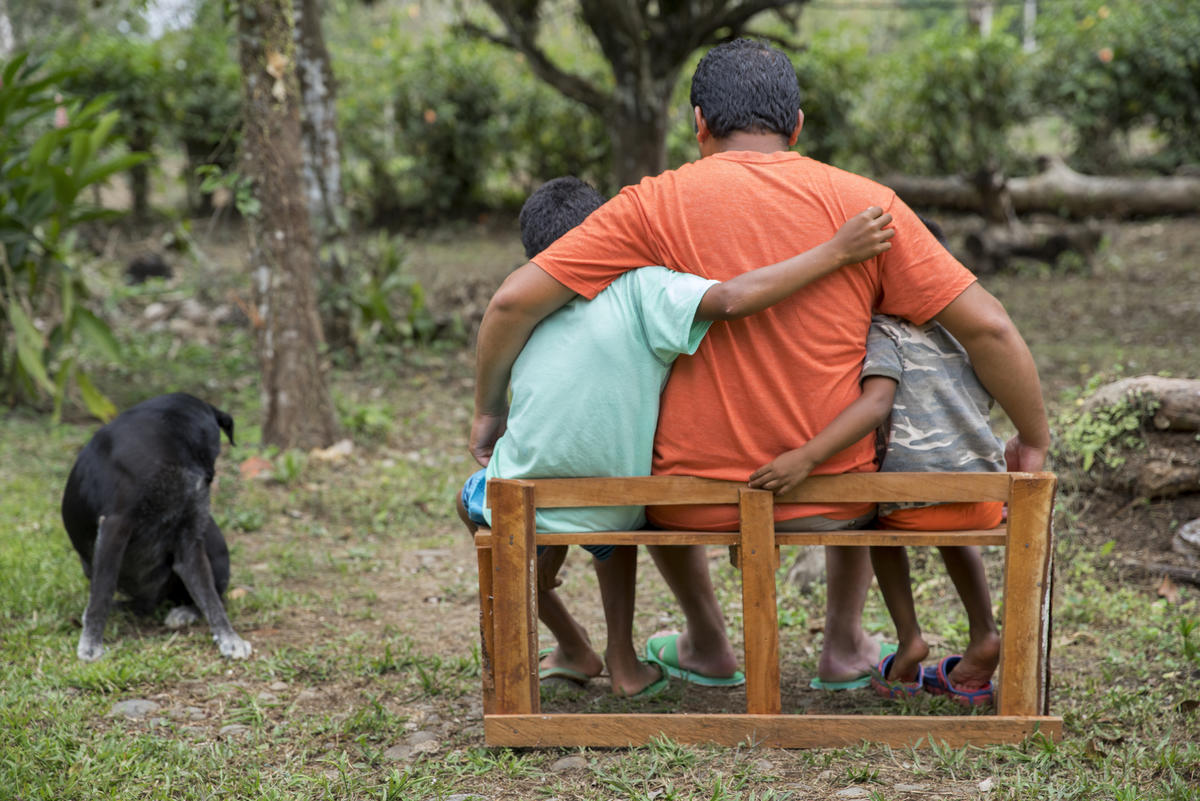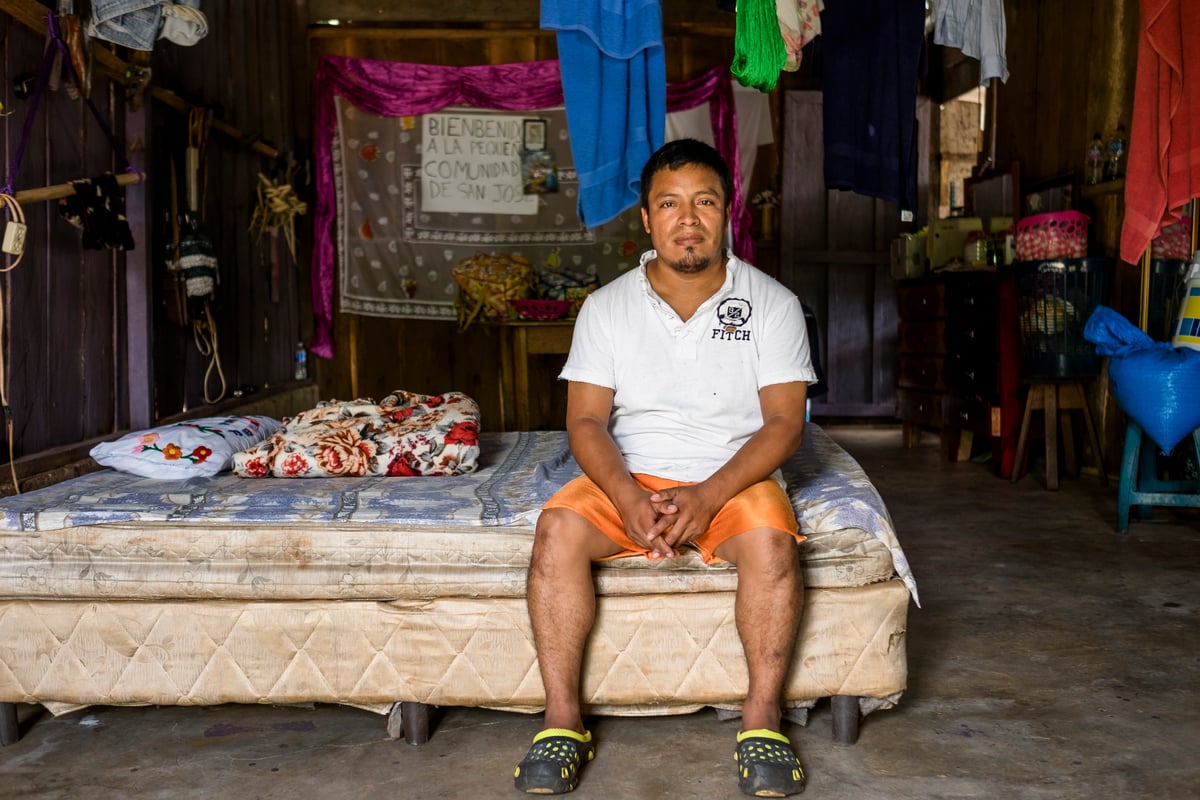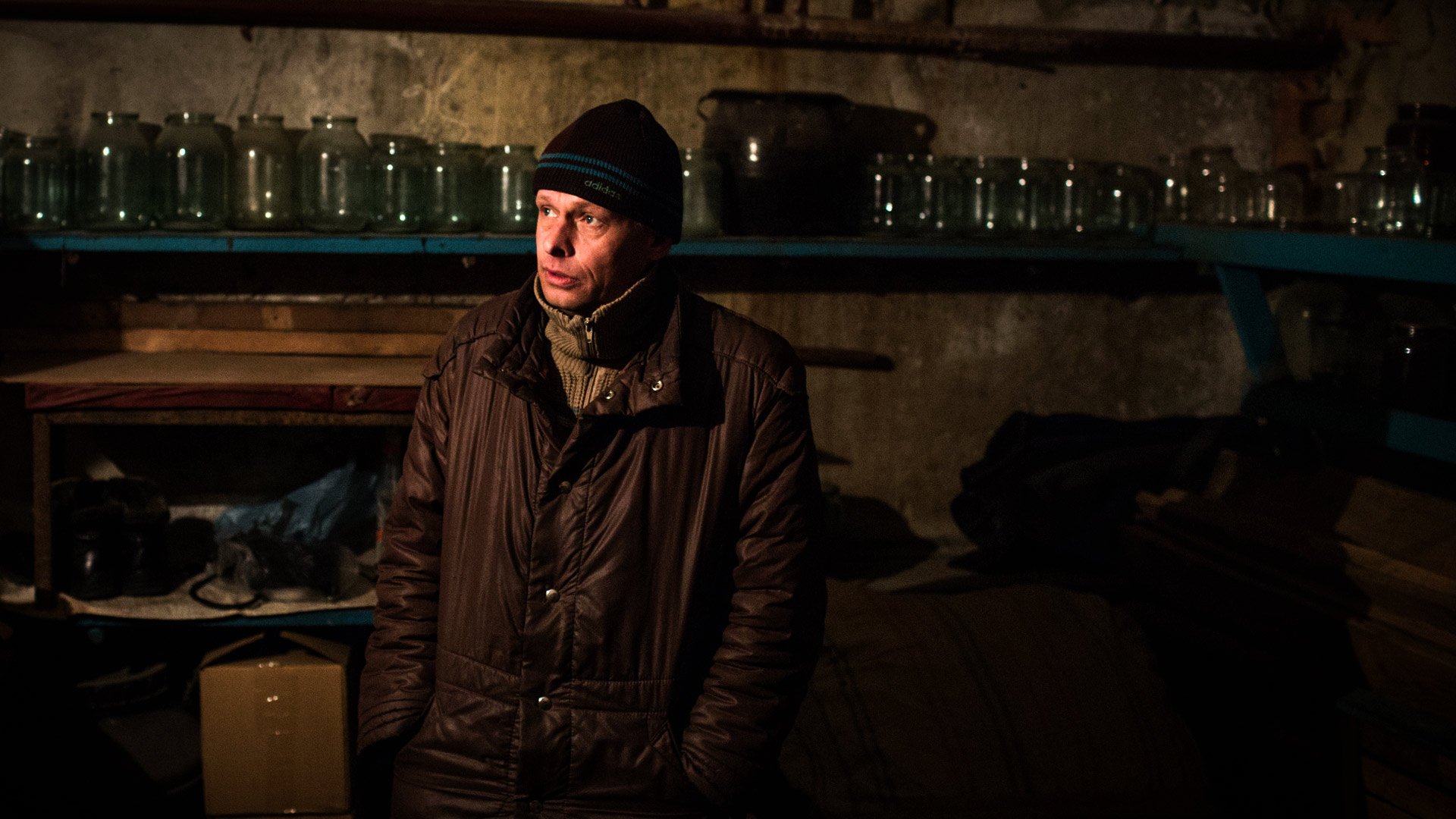In memory: "Pero Simundza, a Croatian killed in an attack on UNHCR's office in West Timor"
In memory: "Pero Simundza, a Croatian killed in an attack on UNHCR's office in West Timor"
(This article was first published on December 4, 2003 on the Croatian webzine, www.htnet.hr, as part of a series on Croatians working in international organisations.)
On September 6, 2000, Pero Simundza from Croatia, Carlos Caceres-Collazio from Puerto Rico and Samson Aregahegn from Ethiopia were killed in an attack by 5,000 members of a pro-Indonesian militia, armed with machetes, on the office of UNHCR in Atambua, West Timor, where the main refugee camp was located in the vicinity of the border with East Timor.
The wild mob hacked to death the three UNHCR staff and set the office building, together with their bodies, on fire. It is believed that the attack was the reaction by the police to the death of its former leader Olivio Mendoza Moruk, who had been killed by one of the combatants the day before the tragic event. An Indonesian court sentenced the perpetrators of this horrific crime to sentences ranging from 10 to 20 months, which stirred an avalanche of protests from the international community.
Pero Simundza was born in the city of Zadar in 1971. He graduated from middle school and enrolled in university, and in 1993 he joined the UNHCR mission in Croatia. Starting out in Metkovic, he was transferred to UNHCR's office in Mostar in 1996. From there he went on mission to West Timor as a telecommunications operator. Simundza was also an active amateur radio operator, known under his Croatian dial code 9A4SP. He was one of the first amateur radio operators to receive the license to broadcast from East Timor. Death found him at his radio desk, from where he was trying to warn of the coming danger.
Mirjana Simundza, Pero's relative who lives in the United States, kept regular contact with him during all his missions. She dedicated a website [link removed 3 March 2006, website no longer current] to her late cousin, of whom she says:
"Pero was an extraordinary person, always full of life and humour in his reports from Atambua and Dili. Our last correspondence took place beginning of the Summer [1993], when we were exchanging Bosnian jokes, which was exceptional. I did not save those messages. He did not tell me then when he was intending to come back from West Timor, but he knew that he would stay for at least six months (a period that had just expired), with the presumption that he would stay 'even longer'.
He really loved his job and told me that he would not give it up. He hoped that after Indonesia, he might go to Africa. On 14 January, while he was awaiting the call to go to West Timor, he told me, 'It is hard to plan that much in advance, but I really do hope that after Indonesia, I will be able to go to Africa for a while. That is my big dream.'
He sent his first report from Atambua beginning of March. He wrote about his colleagues, Bashir from Pakistan, Samson from Ethiopia (who was killed too) and a female colleague from India. 'Very good people.' He also mentioned Alvin from the Philippines, whom he used to call 'Mujo' [translator's note: Mujo is a common name in Bosnia], because Alvin learned 'Bosnian' while he was on mission for the UN in Bosnia.
He found that the majority of people he met in West Timor were friendly and kind. Communication problems were bridged in an amusing manner with gestures, because only a few speak English there. He was happy with his job, although the working days were long and hard: at least ten hours every day in Atambua; in Dili from six o'clock in the morning until midnight, with short breaks, when an assistant was replacing him.
Being the only Caucasian in the Atambua office, he was looked after and taken care of by everyone. His descriptions of Lilliputian settlements were very picturesque - his own feeling of being like Gulliver; he was joking about the climate, the rain seasons and the unbearable heat, as well as the explosive and militant supporters. It is hard to believe that his intelligent voice will never again reach me."
Translated by Neven Crvenkovic
UNHCR Zagreb

